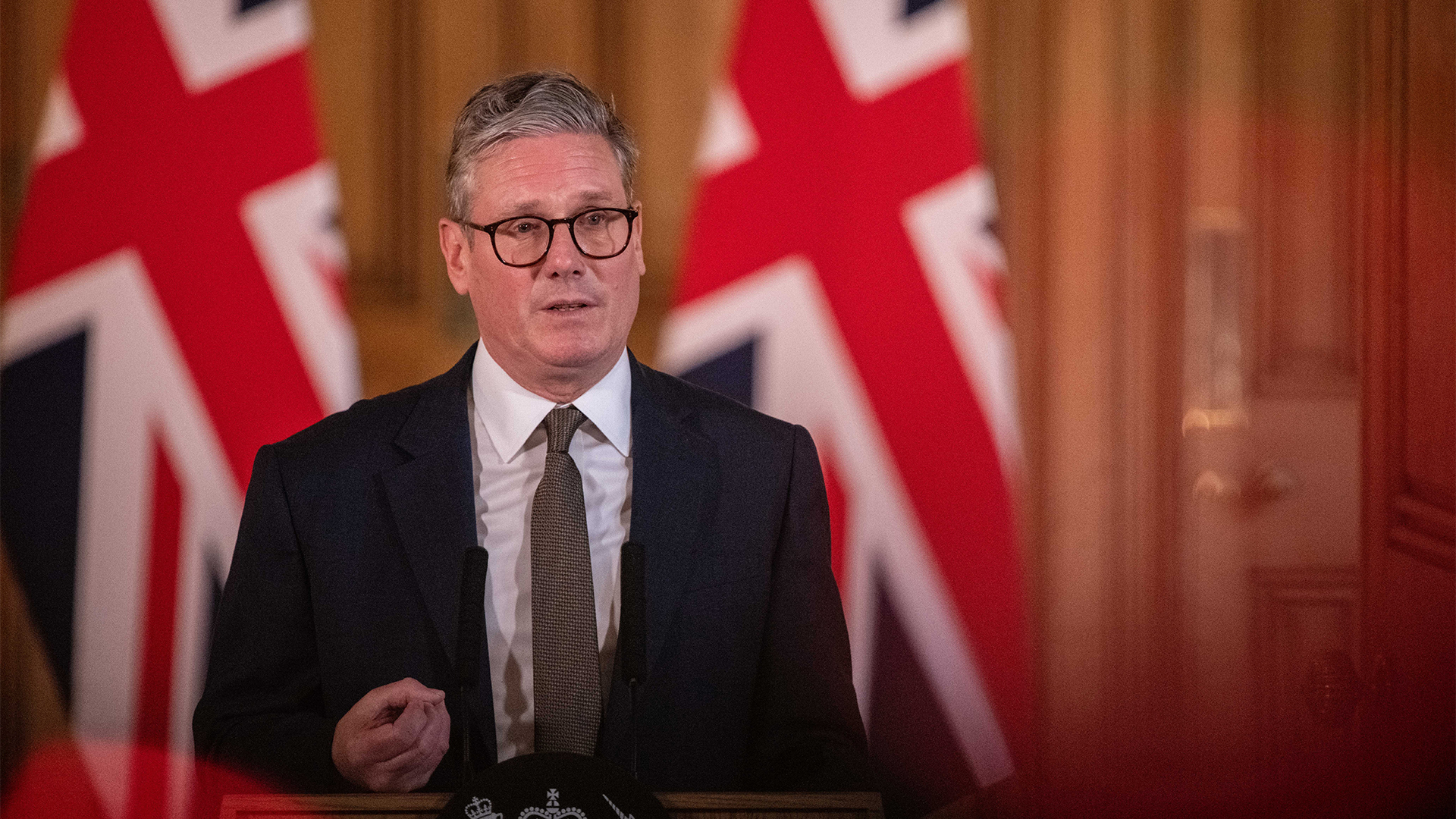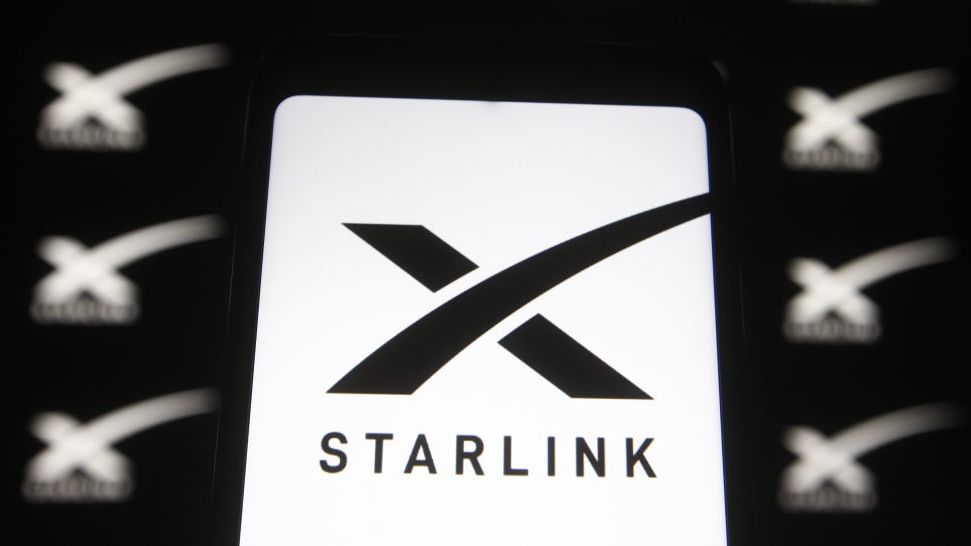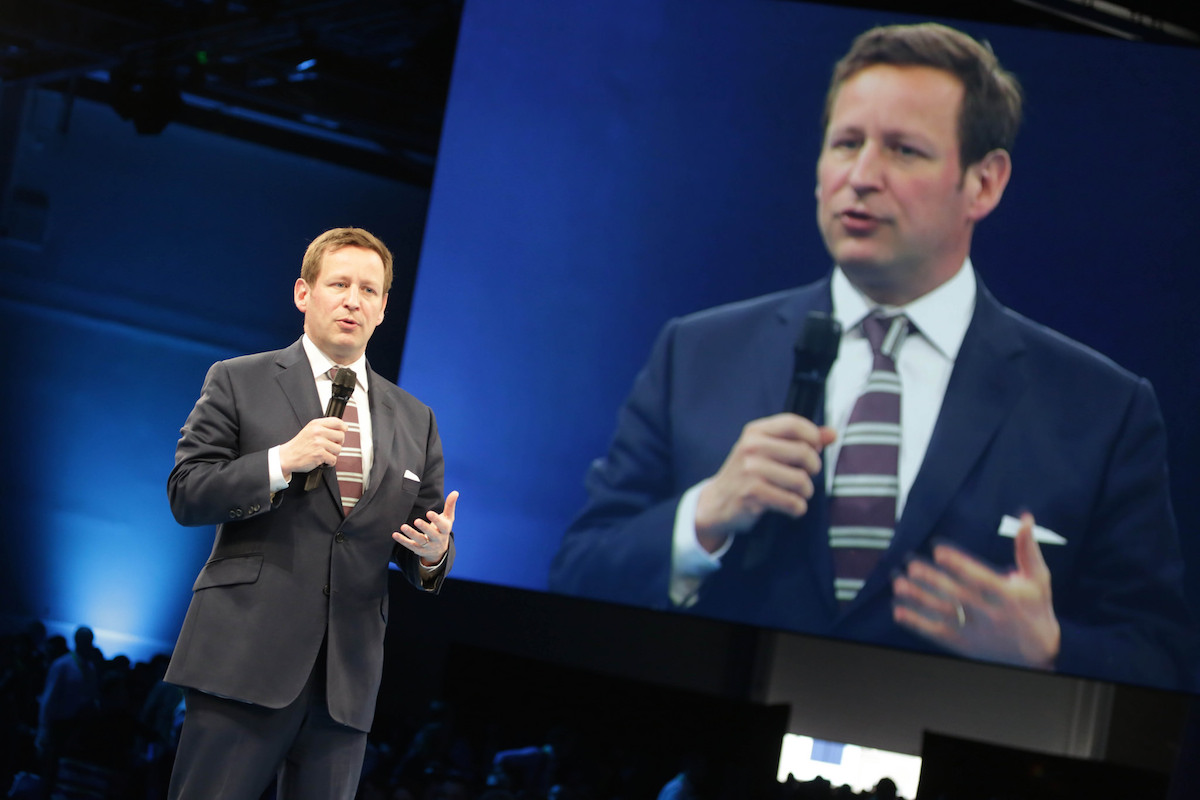BDUK rural broadband project slammed by MPs
Public Accounts Committee's report demands introduction of more competition to broadband procurement process.

The Government's delivery of superfast broadband services to rural areas has been attacked by a committee of MPs for being non-competitive and poor value for money.
The report, published by the Commons Public Accounts Committee (PAC), takes aim at the Government's handling of the 530 million Broadband Delivery UK (BDUK) programme, which is responsible for the rolling out of fibre networks to rural areas.
We have been transparent from the start and willing to invest when others have not, so it is mystifying that we are being criticised for accepting onerous terms in exchange for public subsidy.
The overall project is being overseen by the Department for Culture, Media and Sport (DCMS), who is on the receiving end of many of the Committee's criticisms of the project.
For example, the report hits out at the Department's decision to only allow two companies, BT and Fujitsu, to bid for broadband deals through the procurement framework.
Following Fujitsu's withdrawal from the bidding process in March 2013, BT has gone on to bag all of the 26 contracts awarded through BDUK up to June 2013. The Committee said the telco giant is also likely to win the remaining 18 contracts that are still up for grabs.
For this reason, it said the DCMS has "failed to deliver meaningful competition" to date, thanks to its poorly designed procurement process.
"The Department has allocated a further 250 million to increase coverage of superfast broadband in the 2015-19 spending period, but does not yet have a clear plan for reaching 100 per cent superfast broadband coverage," the report states.
Sign up today and you will receive a free copy of our Future Focus 2025 report - the leading guidance on AI, cybersecurity and other IT challenges as per 700+ senior executives
Therefore, it wants the Department to use the extra 250 million to inject more competition into the process.
"The Department should not spend any of the further 250 million of public money until it has developed approaches to secure proper competition and value for money for improving superfast broadband after 2015," it reads.
Assumptions about where the funding for the broadband projects will come from has been "wildly" miscalculated, the report adds, with BT paying less and local authorities shelling out more than the DCMS previously claimed.
BT is in the firing line elsewhere in the report for including clauses in its contracts with local authorities, banning them from disclosing information about costs to other local councils.
"This means other local authorities' negotiating positions are weakened by a lack of comparable cost data against which to access BT's bid," it claims.
The report also flags concerns raised by BT's competitors about how they are supposed to take advantage of Ofcom's ruling about giving them access to its wholesale infrastructure.
"Despite Ofcom introducing requirements for BT to allow wholesale competitors access to BT's physical infrastructure, the conditions attached have deterred any other providers from exploiting this access," the reports adds.
"There are also concerns that existing regulation has allowed BT to set its wholesale price too high, so alternative suppliers find the margin between wholesale and retail prices is squeezed to the extent that they cannot operate profitably."
In a statement to IT Pro, BT slammed the report for failing to take into account the corrective points it sent to the Committee several weeks ago.
"We have been transparent from the start and willing to invest when others have not, so it is mystifying that we are being criticised for accepting onerous terms in exchange for public subsidy - terms which drove others away," the statement reads.
"The taxpayer is undoubtedly getting value for money. BT faces a payback period of around 15 years on its rural broadband investments in spite of the subsidies available. The Department for Culture has imposed a rigorous auditing process that ensures every penny is accounted for."
On the last point, about BT's competitors being put off using its network, the statement added: "The network we build will be open to all our rivals, who will be able to sell services to consumers, paying us the same prices we charge our own Retail division."
The report follows on from a four-hour PAC hearing in July, where MPs aired their views on the troubled project.
-
 Trump's AI executive order could leave US in a 'regulatory vacuum'
Trump's AI executive order could leave US in a 'regulatory vacuum'News Citing a "patchwork of 50 different regulatory regimes" and "ideological bias", President Trump wants rules to be set at a federal level
-
 TPUs: Google's home advantage
TPUs: Google's home advantageITPro Podcast How does TPU v7 stack up against Nvidia's latest chips – and can Google scale AI using only its own supply?
-
 UK regions invited to apply for ‘AI Growth Zone’ status
UK regions invited to apply for ‘AI Growth Zone’ statusNews The UK government has opened up bidding for regions hoping to secure 'AI growth zone' status.
-
 “Botched government procurement” leads to £24 million Atos settlement
“Botched government procurement” leads to £24 million Atos settlementNews Labour has accused the Conservative government of using taxpayers’ money to pay for their own mistakes
-
 UK government to run Starlink trials in Snowdonia, Lake District
UK government to run Starlink trials in Snowdonia, Lake DistrictNews The government has indicated low-Earth orbit satellites could be key to expanding connectivity to UK businesses
-
 Government holds talks with data centre operators over energy blackout threat
Government holds talks with data centre operators over energy blackout threatNews One data centre operator has been preparing to switch over to diesel power in the event of a national blackout
-
 HPE inks $2 billion high-performance computing deal with the NSA
HPE inks $2 billion high-performance computing deal with the NSANews HPE will provide scalable on-premises computing to the NSA using Greenlake
-
 Broadband not meeting UK consumer expectations
Broadband not meeting UK consumer expectationsNews Survey finds many unhappy with broadband in the UK
-
 Are we really better off as part of the EU?
Are we really better off as part of the EU?News Ed Vaizey certainly thinks you are if you’re a start up or innovator…
-
 Government says everyone now has 2Mbps internet access
Government says everyone now has 2Mbps internet accessNews Department for Culture, Media and Sport has introduced satellite grants for those in low-speed areas